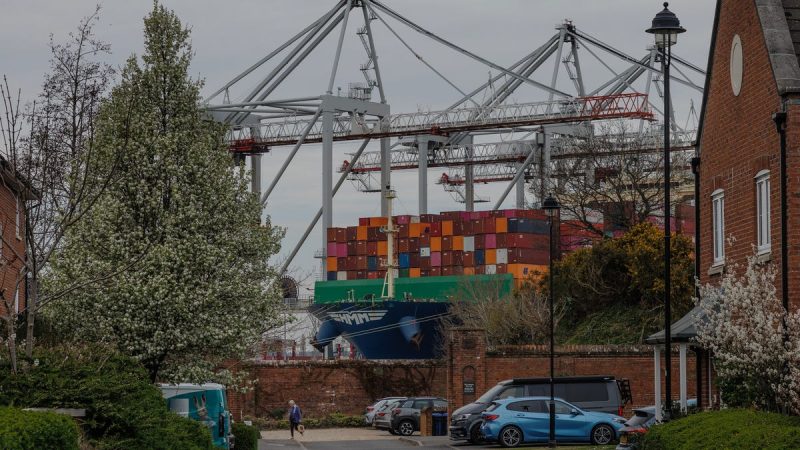
President Trump’s trade war sent shockwaves through the American economy, leaving many wondering about the future of their jobs. Tariffs and trade disputes are complex, but one thing is clear: some professions are far less vulnerable to the economic fallout than others. While uncertainty remains a constant companion in today’s global marketplace, certain sectors offer a degree of stability, even amidst economic turbulence.
So, which careers are proving to be the most resilient? The industries least impacted by tariffs generally fall within the service sector, where the direct impact of imported goods is minimal. Think about the services you rely on daily – healthcare, education, personal care – these are the areas showcasing remarkable stability.
Specifically, professions like healthcare professionals (doctors, nurses, therapists), educators (teachers, professors, tutors), software developers, and skilled tradespeople (electricians, plumbers, carpenters) tend to be less exposed to the fluctuations caused by international trade. These roles rely on local demand and expertise, making them relatively insulated from the impact of tariffs on imported goods.
Furthermore, jobs in the legal and financial sectors, particularly those specializing in domestic transactions and regulations, also demonstrate strong resilience. These professionals are often involved in navigating complex legal and financial landscapes that are less directly affected by international trade policies.
Finally, government employees, especially those at the local and state levels, typically experience greater job security due to their essential roles in providing public services. Their positions are generally less susceptible to the shifts in global trade.
It’s important to remember that while these professions offer a degree of protection, no job is completely immune to economic downturns. However, understanding which sectors are more resilient can offer valuable insight for career planning and provide a sense of stability in uncertain times. The current economic climate underscores the importance of developing skills that are in high demand and are less dependent on international trade flows. Investing in your skills and pursuing careers within these resilient sectors can help you weather economic storms and build a more secure future.
The focus should be on building a versatile skill set and adaptability, allowing you to navigate the ever-evolving employment landscape. While the future may hold uncertainty, focusing on these robust career paths can offer a sense of security and peace of mind.










